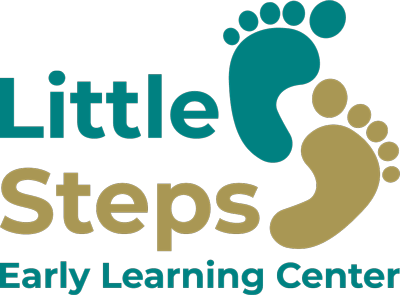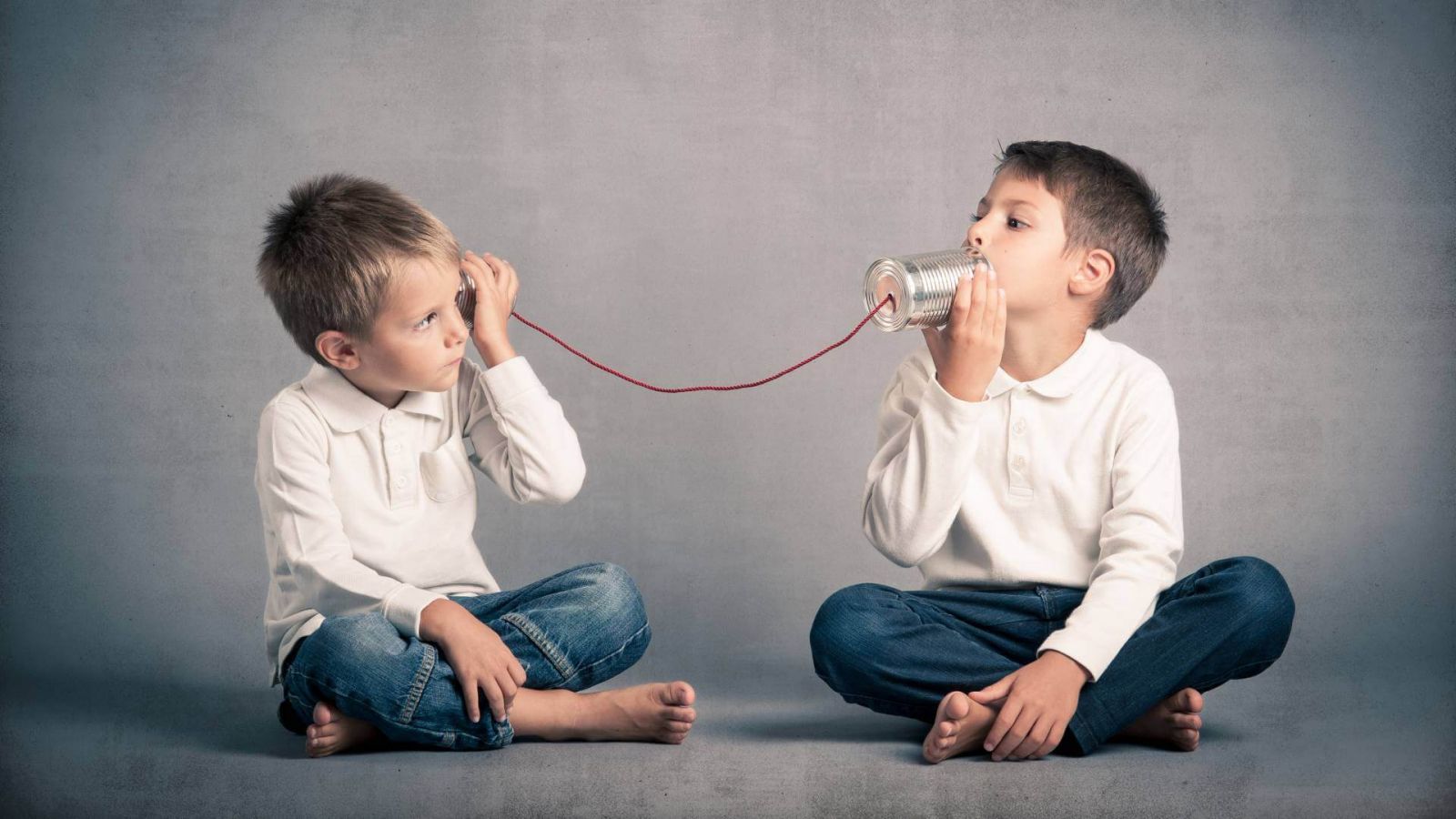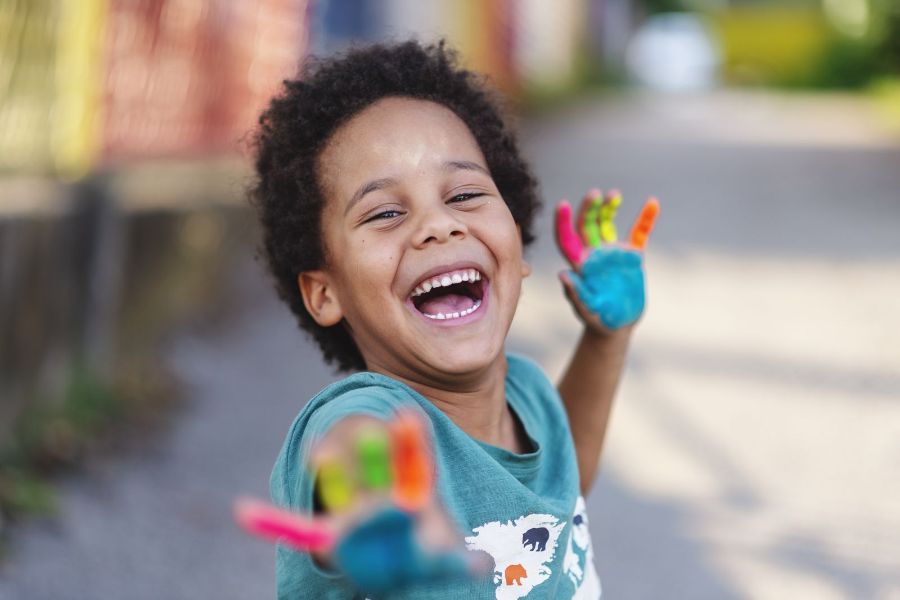Some of the happiest memories people look back on once they grow up are the times they spent playing with their friends. One of the most important aspects of child care is play.
Play has a direct effect on the overall health and well-being of a child as it furthers the development of their social, physical, emotional, and cognitive skills. Child care encourages children to learn through meaningful play.
What Is Meaningful Play?
The beauty of meaningful play comes from the fact that children become active participants instead of passively taking one lesson after another. Meaningful play gives a child the freedom to do what they want to. It is not handing the child a script or a step-by-step instruction to follow because it relies on spontaneity.
For child care, meaningful play is all about creating a risk-free environment where kids are free to experiment and try new ideas.
How Do Children Learn Through Play?
Children learn in different ways than adults. They learn by experiencing and engaging in activities they have not tried before. This helps them make sense of the world around them.
Play is a full-body activity. Here are just some of the areas that children develop through play:
• Motor Skills - Reflexes, motor control, balance, and flexibility
• Cognitive Skills - Perspective-taking and higher-level cognition
• Social Skills - Negotiation, compromise, and communication
• Creativity - Exploring ideas and materials
• Speech And Language - Conversation
• Self-Understanding - Confidence and the ability to express emotions
Why Play?
1. It’s fun!
Play is enjoyable and pleasurable—that’s why children love it! It doesn’t feel like work to them. It’s as natural as breathing. The best part is that they get joy from it even if it has its own frustrations and challenges. At the end of the day, the child feels uplifted and becomes motivated.
2. It’s engaging.
Meaningful play is not static. Children become deeply involved in the activity they are doing. This results in them practicing their skills, discovering new challenges, and further deepening their learning.
3. It’s creative.
With their imaginations running wild, kids will create new worlds and find unique ideas and solutions to the challenges they will face. Play is often totally unplanned, and whenever it is planned, children impulsively make changes. It naturally brings out their curiosity, making them ask questions, collaborate with others, and express themselves.
4. It’s interactive.
Play enhances relationships. It builds empathy. Through it, kids learn how to get along with people. Play teaches children how to communicate their ideas and understand the people around them.
While it’s vital to see and realize the role of play in the learning and development of a child, it’s equally important to know that children play for one specific reason: it makes them happy.
Play will be one of your little one’s teachers when you decide to get child care. A day at Little Steps Day Care is a day filled with exciting and memorable learning and play—in and out of the classroom.


